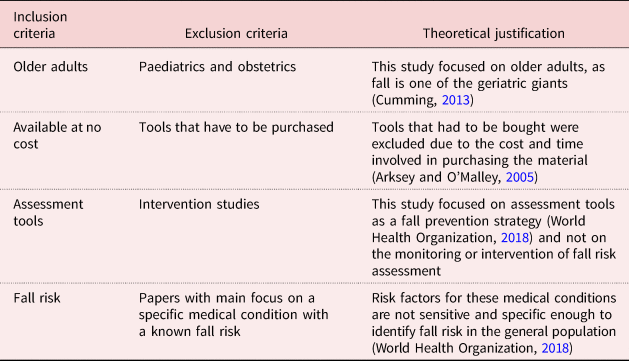The 25-Second Trick For Dementia Fall Risk
Wiki Article
More About Dementia Fall Risk
Table of ContentsSome Ideas on Dementia Fall Risk You Need To KnowSome Of Dementia Fall RiskDementia Fall Risk Fundamentals ExplainedDementia Fall Risk Can Be Fun For Everyone
An autumn threat assessment checks to see exactly how most likely it is that you will certainly fall. The evaluation normally consists of: This consists of a collection of questions regarding your general wellness and if you have actually had previous falls or troubles with balance, standing, and/or walking.Treatments are suggestions that may minimize your risk of falling. STEADI consists of 3 steps: you for your risk of dropping for your danger factors that can be improved to attempt to stop falls (for instance, balance problems, impaired vision) to reduce your threat of falling by making use of efficient techniques (for example, supplying education and learning and resources), you may be asked numerous concerns including: Have you dropped in the past year? Are you fretted about dropping?
If it takes you 12 seconds or even more, it may imply you are at greater danger for a loss. This test checks strength and balance.
Move one foot halfway ahead, so the instep is touching the huge toe of your other foot. Move one foot completely in front of the other, so the toes are touching the heel of your various other foot.
Dementia Fall Risk Can Be Fun For Everyone
Most falls take place as an outcome of several contributing factors; for that reason, handling the risk of dropping starts with recognizing the variables that add to fall risk - Dementia Fall Risk. A few of one of the most appropriate risk variables consist of: History of prior fallsChronic medical conditionsAcute illnessImpaired gait and balance, reduced extremity weaknessCognitive impairmentChanges in visionCertain high-risk medicines and polypharmacyEnvironmental factors can likewise enhance the threat for falls, including: Inadequate lightingUneven or harmed flooringWet or slippery floorsMissing or harmed hand rails and get hold of barsDamaged or improperly equipped devices, such as beds, wheelchairs, or walkersImproper use assistive devicesInadequate guidance of the people living in the NF, consisting of those who exhibit hostile behaviorsA successful autumn danger management program calls for a complete scientific assessment, with input from all participants of the interdisciplinary group

The care strategy ought to likewise include treatments that are system-based, such as those that promote a safe setting (appropriate lighting, hand rails, order bars, and so on). The efficiency of the interventions need to be reviewed regularly, and the care strategy modified as required to mirror modifications in the loss threat analysis. Carrying out a fall risk monitoring system using evidence-based finest method can decrease the frequency of falls in the NF, while limiting the capacity for fall-related injuries.
Fascination About Dementia Fall Risk
The AGS/BGS guideline advises evaluating all adults matured 65 years and older for go autumn danger every year. This testing includes asking patients whether they have fallen 2 or even more times in the past year or looked for medical interest for a loss, or, if they have actually not dropped, whether they feel unstable when walking.People who have fallen once without injury needs to have their equilibrium and stride reviewed; those with gait or equilibrium irregularities must receive extra evaluation. A history of Discover More 1 autumn without injury and without stride or equilibrium issues does not call for more analysis past continued yearly fall threat screening. Dementia Fall Risk. A fall threat assessment is required as part of the Welcome to Medicare assessment

3 Easy Facts About Dementia Fall Risk Shown
Documenting a drops background is just one of the high quality signs for loss avoidance and administration. A crucial part of danger evaluation is a medicine review. Numerous classes of medications raise fall threat (Table 2). Psychoactive medicines specifically are independent forecasters of drops. These medications tend to be sedating, change the sensorium, and hinder balance and gait.Postural hypotension can typically be minimized by minimizing the dose of Get More Info blood pressurelowering drugs and/or stopping drugs that have orthostatic hypotension as a side effect. Use of above-the-knee assistance hose pipe and copulating the head of the bed elevated might also lower postural decreases in blood pressure. The preferred elements of a fall-focused health examination are received Box 1.

A pull time above or equal to 12 seconds recommends high autumn danger. The 30-Second Chair Stand test assesses reduced extremity toughness and equilibrium. Being not able to stand from a chair of knee elevation without making use of one's arms suggests enhanced fall danger. The 4-Stage Balance examination evaluates fixed balance by having the client stand in 4 positions, each considerably more tough.
Report this wiki page